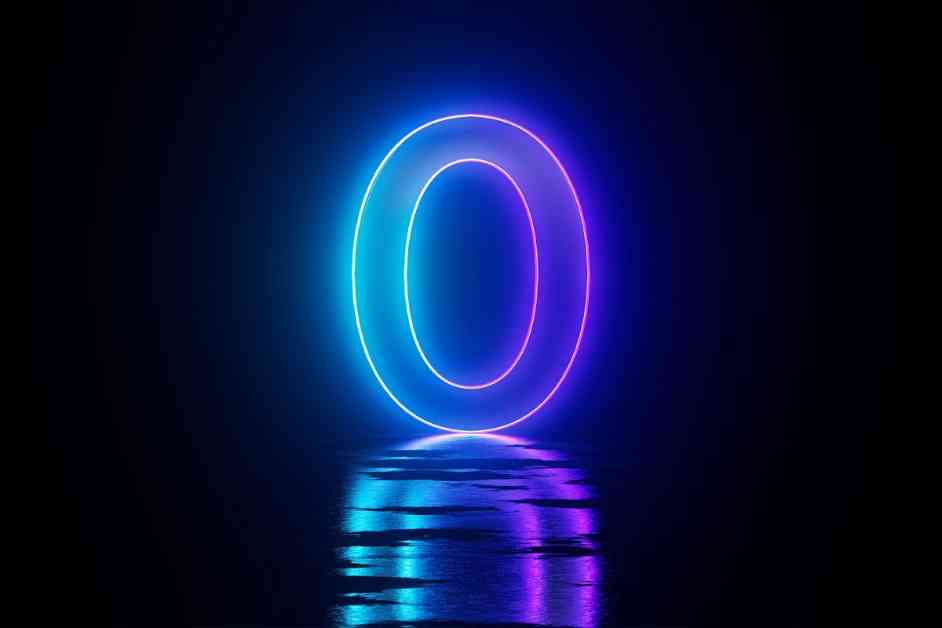The concept of zero has always been a fascinating topic, especially when it comes to understanding how the brain processes this seemingly abstract notion. Recent studies have shed light on the intricate ways in which the brain handles the concept of zero, revealing that it is more than just a mere absence or empty set.
The brain processes the concept of zero in ways similar to other numbers, according to a recent investigation by researchers from the University of Tübingen and University Hospital Bonn in Germany. The study, which involved participants with epilepsy who had microelectrodes inserted into their temporal lobes, found that the brain has distinct areas that process the empty set and the numeral zero separately.
While the distinction between the empty set and the symbolic numeral 0 may not come as a surprise, it highlights the unique nature of zero in the realm of numbers. Zero is often considered the “eccentric uncle” in the family of numbers, with its own set of characteristics that set it apart from other numerical values.
Interestingly, zero is a concept that is not innate to humans and needs to be learned. Children typically struggle to understand the concept of zero until around the age of six, which is later than their understanding of other numbers. This suggests that zero is a more complex concept that requires a higher level of abstract thinking to grasp.
Moreover, studies have shown that brain injuries can affect the way individuals process numbers that include a zero digit, further emphasizing the unique nature of zero in numerical cognition. Understanding how the brain represents zero along a mental number line is crucial in developing theories related to mathematics and numerical calculations.
In conclusion, the recent studies on how the brain processes zero offer valuable insights into the complexity of numerical cognition. Zero is not just a number; it is a concept that challenges the brain to think abstractly and create something out of nothing. By unraveling the mysteries of zero in the human brain, researchers are paving the way for a deeper understanding of the fundamental principles of mathematics and cognition.










